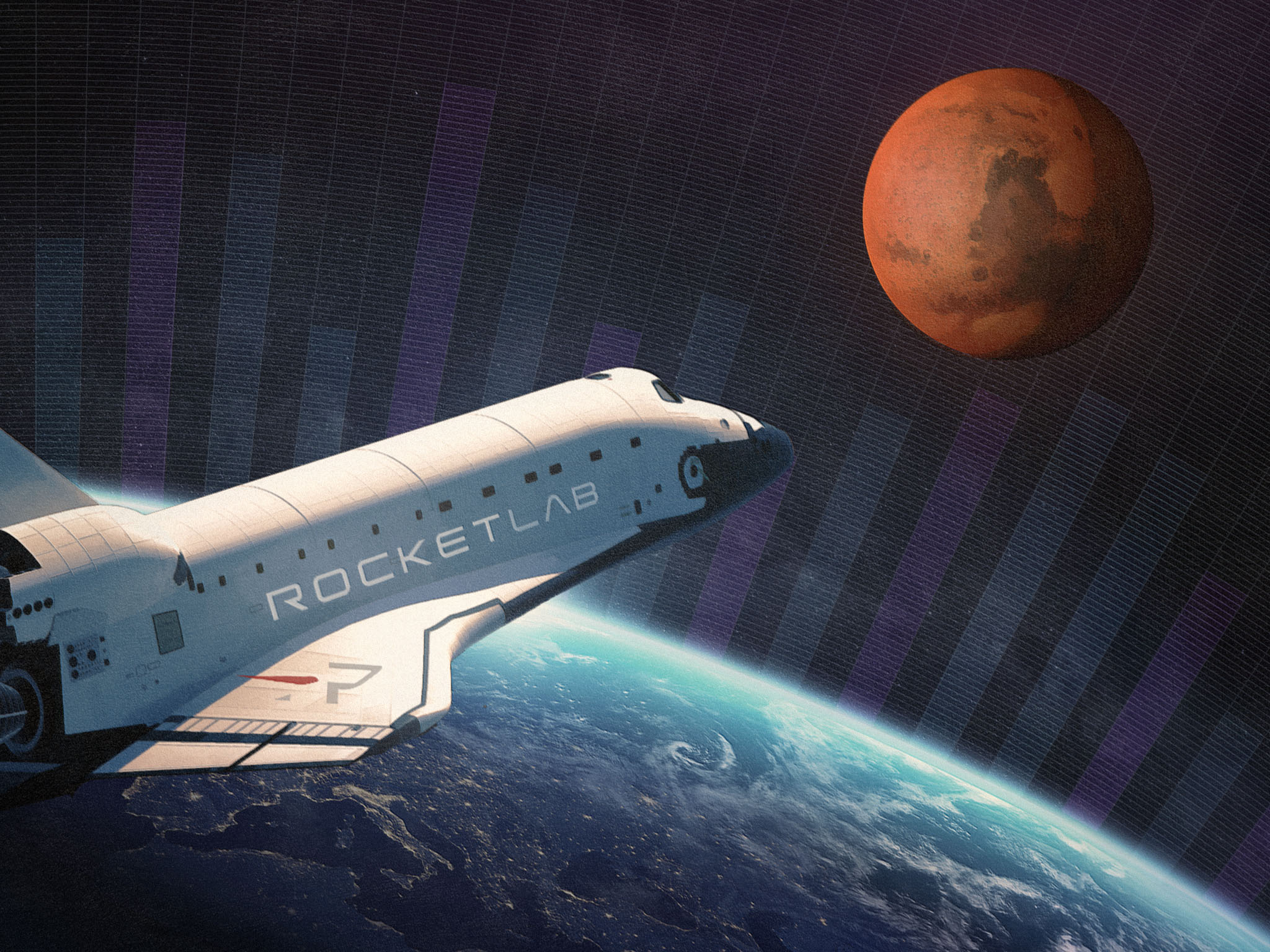Rocket Lab (NASDAQ: RKLB) is ready for a trip to Mars

SpaceX isn’t the only game in town when it comes to carrying payloads into the cosmos, and Rocket Lab (NASDAQ: RKLB)—which provides launch services, spacecraft, satellite components and on-orbit management—is quickly emerging as a serious competitor. It’s an upcoming trip to Mars, however, that could take the company into a much bigger league.
Based in Long Beach, California, Rocket Lab said last month that it had successfully packed and shipped two spacecraft it built that will soon be blasted off to the Red Planet from the Kennedy Space Center in Cape Canaveral, Florida. The mission, known as Escapade and operated by NASA and the University of California Berkeley, will measure plasma and magnetic fields around Earth’s next-door neighbor. It’s all part of a trajectory to what the company says will be a much larger market, as it wants to go after the more valuable part of the space supply chain that involves making components used for orbital missions.
“One of the common misconceptions we’ve faced is that Rocket Lab is a launch company,” founder and CEO Peter Beck said in a recent earnings call. “Yes, launch is something that we’re an industry leader in, and of course rocket being in the name doesn’t help, but it’s just part of what we do.” The company has a competitive advantage because it can build spacecraft and then launch them at cost on its own rockets, the executive said. “We don’t have to wait in line for limited launch capacity.”
Rocket Lab, recently featured in a documentary on HBO Max, just had what it says was its biggest quarter ever, with $106 million in revenue. Year-on-year sales are up 71%, and its order backlog has risen to $1.1 billion. Its Electron rocket system, which reached 50 launches faster than any other commercial endeavor in history, has accounted for 64% of all non-SpaceX orbital launches from the US so far this year.
The company also has a “robust pipeline” of targets it wants to acquire to expand the services it provides and scale revenue and profit. Beck said the company would not need to go back to capital markets to fund any targets currently on the horizon, which is good news for existing shareholders who wouldn’t see their shares diluted to fund future growth.
Rocket Lab shares have surged 30% over the past month amid the news of the mission to Mars, outperforming shares from other space-focused companies including Leidos Holdings (NYSE: LDOS), L3Harris Technologies (NYSE: LHX) and Virgin Galactic Holdings (NYSE: SPCE). SpaceX is not traded publicly.
“Companies aren’t interested in doing space just for space’s sake,” McKinsey & Company senior partner Ryan Brukardt said in a recent report. “What’s also quite interesting is showing businesses how space can help solve problems in ways they may not yet understand are possible.”
The space economy is at an inflection point that has parallels with the development of the internet decades ago, the consultancy firm said. It estimates the market will grow at a faster rate than global GDP and triple to $1.8 trillion in 2035 from $630 billion last year as space technology is adopted by industries from communications to agriculture.
Rocket Lab is already looking beyond the launch pad, to the coming age when a ride to space has been commoditized. While satellite launches have been a staple of space missions for decades, the company sees far greater opportunities on the horizon as the global economy starts to push deeper into the infinity, and beyond. Its upcoming Mars mission could mark an initial step toward these much broader ambitions.
